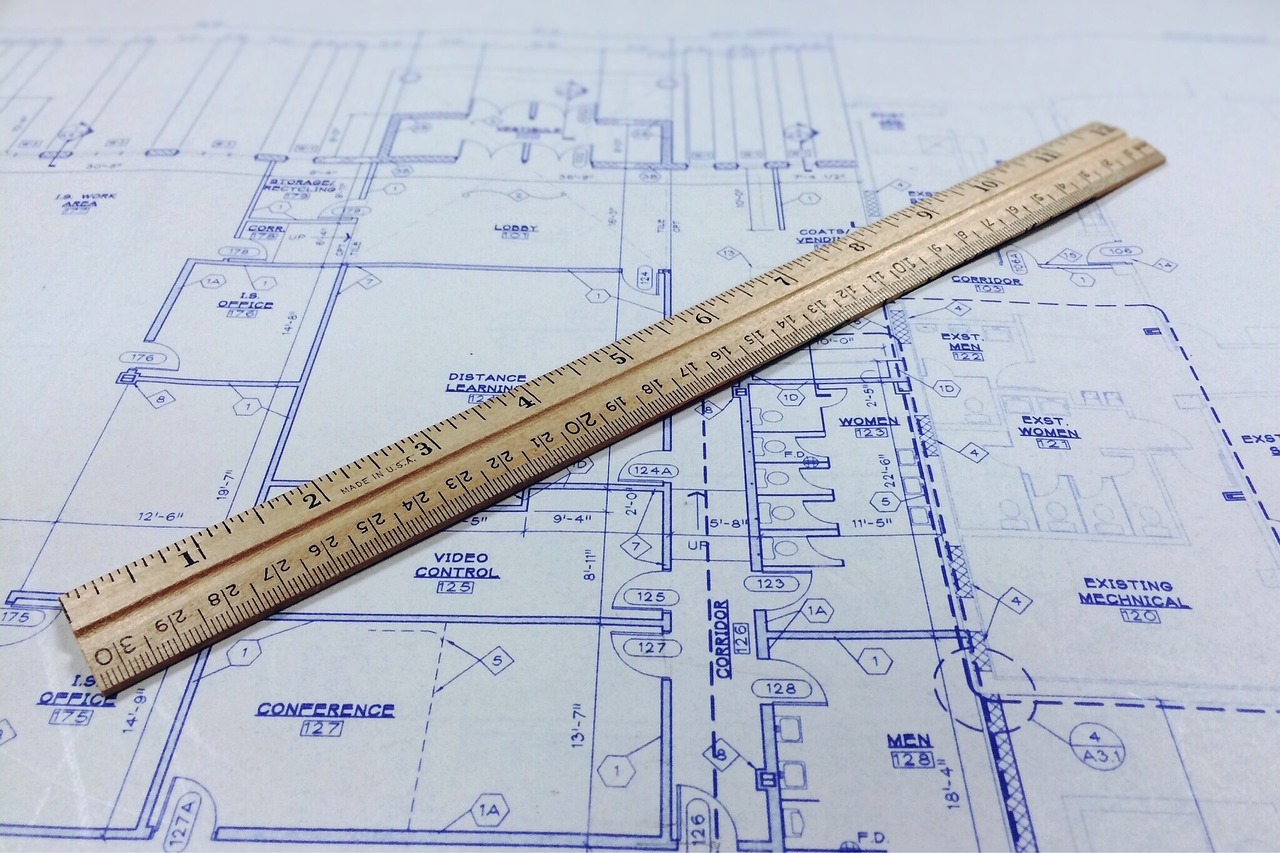industrial design

Comprehensive Legal Solutions for industrial design in India
- A design refers to the aesthetic aspects of a product, such as its shape, configuration, pattern, ornamentation, or composition of lines and colors applied to any article, whether in two- dimensional or three-dimensional forms. The key distinction between a design and a trademark lies in their connection to the product. A design is an integral part of the manufactured article itself, while a trademark is not necessarily connected in the same way.
- Designs in India are protected under the Designs Act, 2000, which aims to safeguard the visual appearance of products that are original, novel, and have industrial application. To qualify for protection under the Designs Act, the design before the date of its application should not have been disclosed to the public anywhere. By registering a design, the owner is granted exclusive rights to use it for a specific period, initially for 10 years, which can be extended for another 5 years.
- The Act is primarily concerned with the exterior appearance or visual appeal of an article rather than its functional aspects. The registration process begins with the submission of an application to the Designs Wing of the Indian Patent Office, headquartered at Kolkatta accompanied by the necessary drawings and details of the design. After the application is scrutinized and no objections are found, the design is registered and published in the Designs Journal. Upon registration, the design holder obtains the right to prevent others from using, copying, or imitating the design without permission.
- The firm delivers a full suite of services, encompassing Prosecution, Enforcement, and Advisory expertise. Our design prosecution practice is comprehensive, covering a broad spectrum of products, including industrial goods, handicrafts, technical and medical instruments, watches and jewelry, household items, electrical appliances, automotive products, and more.



